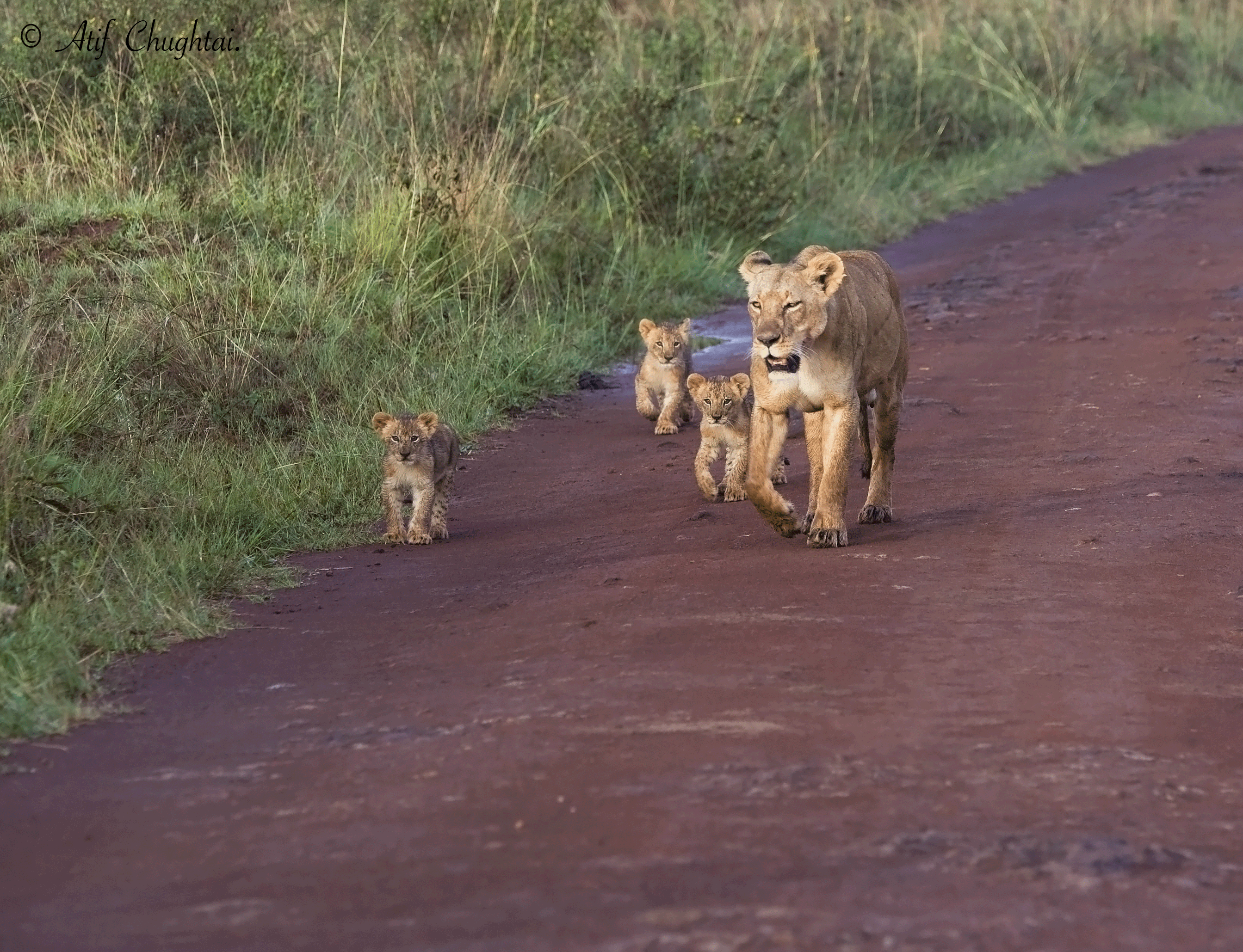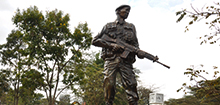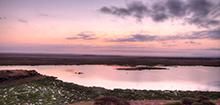
Date Published:
Kenya Wildlife Service capture and translocation teams have since early this morning been searching for four lionesses that were reported to have moved out of the Nairobi National Park onto langata road and the southern bypass through the Langata Barracks.
The four moved out Thursday night, and were first reported to have been spotted at 2.00AM at the Otiende road junction, near Langata hospital. They are reported to have been spotted later at the intersection of Langata road and the Southern bypass at 3.00AM.
At 5.00 AM, two of the lionesses were again reported to have been spotted near the National Housing Corporation estate that overlooks the sprawling Kibera slums.
Immediately information reached Nairobi National Park, the Senior warden sent out a team comprising of rangers and capture team.
Monitoring teams have also been stationed at National Housing Corporation and Langata Baracks where the lionesses were spotted.
The search continued most of the day at the Barracks where three Lionesses had been spotted using a KWS helicopter deployed to assist the capture team with a view to locating and darting them.
The search was further boosted by the presence of the Director General Kitili Mbathi witnessing first hand operations from the helicopter.
By close of day Friday one Lioness was confirmed to have crossed back into the National Park through the loosened fence line of the park to allow for easy passage. The helicopter operation had to be halted until tomorrow as nightfall approached, but the capture team will remain at the barracks for monitoring purposes.
Kenya Wildlife Service would in the meanwhile wish to assure the public that we are committed to the safety and Security of Kenyans, and the management of our Wildlife, which is generally not vicious and does not attack unless it is provoked. This report should therefore not cause unnecessary panic to the general public.
Please feel free to report the sighting of wildlife using our toll free line 0800 597 000.
We will advise on the developments around this incident as they unfold.





